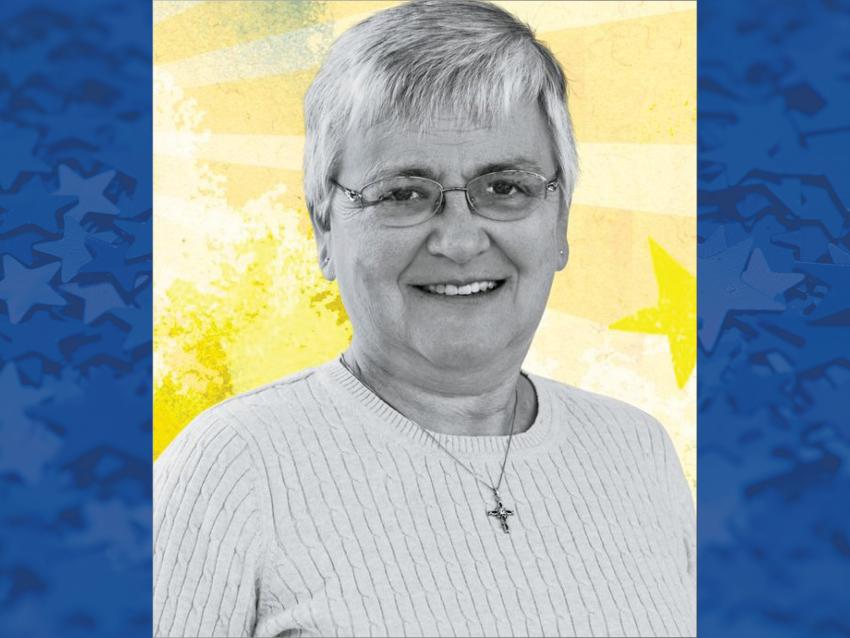
Dr. Deborah Reed Named Among Five Nurses "Who Just Might Save the World" by O, The Oprah Magazine
The 100 farmers sitting in the rec hall couldn’t stop talking. One confessed a fear he’d been keeping private: His father had Alzheimer’s, and after decades of rising with the sun, walking out to the fields, and climbing aboard his tractor, he couldn’t be persuaded to stop. Even though he didn’t have keys, he could still get hurt. The son fretted.
“I’m worried I won’t see him out there when I’m working and will run him over.”
What brought the farmers out of their shell wasn’t a town hall meeting; it was a seat at one of the hottest shows in town. In community theaters across Kentucky, Virginia, and Tennessee, farmers have been gathering to watch low-budget plays about a topic full of heart and drama: health and agricultural safety.
Across the room, a middle-aged man said he’d faced and solved a similar problem: When the family finally moved the tractor out of sight, the grandfather stopped trying to drive it. "We may have saved a life that night,” says Deborah Reed, PhD, a professor of nursing and agricultural health at the University of Kentucky and the creator of these events.
There were an estimated 58,385 farm injuries in 2014.
Throughout the country, there were an estimated 58,385 farm injuries (more than six every hour) in 2014, and 28 percent of farm operators are older than 65, according to data from 2012, the most recent available. More than 97 percent of the two-million-plus farms in the U.S. are family-run, many with ten or fewer employees—making them exempt from the federal law intended to keep workers safe. “These farms are self-regulated, which means if someone’s working with machinery and gets his arm amputated, it’s his responsibility,” says Reed, who herself comes from a long line of Kentucky farmers.
Reed realized in 2012 that with no one looking out for them, farmers need to be informed enough to protect themselves. Pamphlets were easy to ignore, though, and farmers had no patience for lectures. “They learn their occupation by living it and listening to their peers,” says Reed.
“We wanted it to feel like a night out.”
She researched readers theater, a type of pared-down performance in which actors read from scripts. In 2014, with a grant from the CDC, Reed launched Farm Dinner Theater. At nine sites across three states, she partnered with locals to create scripts about pressing health and safety issues and recruited reader-actors. Advertisements in newsletters and on the radio enticed farmers to reserve tickets. “We wanted it to feel like a night out,” Reed says.
The “reviews” have been terrific: Nearly 40 percent of theatergoers shared their new knowledge with non-attendees, and 60 percent made changes in their health or farm work behavior within two weeks. Every performance has a waiting list, and Reed developed an online tool kit for communities to stage their own shows.
Duval and Eleanor Sims, who own a 140-acre cattle farm in Stanford, Kentucky, were honored to have been cast in a performance. Two years later, neighbors still talk about how much they loved the show. The Simses, too, have taken their roles to heart. “Before, when I’d get up on the ladder, I wouldn’t ask for help,” says Duval, 74. “Since the show, she comes with me.” Eleanor adds with a laugh, “He says I have us on granny time, but we both know it’s safer that way.” —Kate Rockwood
